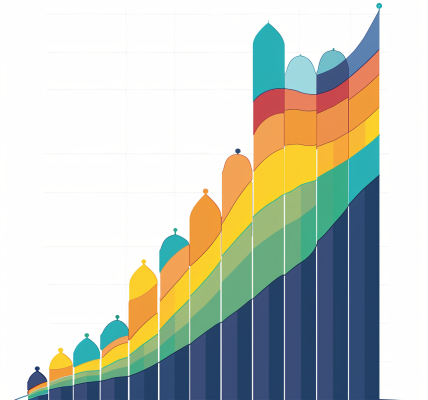On 22 JAN 2024, the Digital Services Act emphasized the importance of transparency reports, focusing on simplicity and usefulness. Transparency is crucial for building users’ trust in the internet, enhancing understanding of content moderation practices, and ensuring accountability.
Under the Digital Services Act (DSA), providers of intermediary services are mandated to annually publish easily comprehensible and detailed reports on their content moderation activities. The European Commission has released a draft implementing act with two reporting templates and proposed harmonized reporting periods, aiming to provide guidance to companies. However, there are concerns about the draft regulation going beyond the material scope of the DSA’s transparency reporting obligations, requiring excessive granularity, lacking flexibility in the templates, and providing a too short timeline for report preparation.
The focus should be on proportionality and the information’s usefulness for the intended audience, ensuring the possibility of providing context to readers. Reporting guidelines should aim to simplify and harmonize reporting obligations without generating additional engineering work that could be better deployed to improve content moderation practices.
For further information, please contact Alberto Di Felice, Director for Infrastructure, Privacy & Security Policy at alberto.difelice@digitaleurope.org or +32 471 99 34 25, and Hugh Kirk, Senior Manager for Digital Commerce Policy at hugh.kirk@digitaleurope.org or +32 490 11 69 46.
The Digital Services Act’s emphasis on transparency reports highlights the ongoing efforts to ensure accountability and trust in online services. The discussions around the draft implementing act and reporting templates reflect the commitment to balance transparency with practicality for businesses.
This development underscores the evolving landscape of digital regulations and the continuous dialogue between regulatory bodies and industry players to establish frameworks that benefit all stakeholders.
Rue de la Science, 37B-1040 Brussels | +32 2 609 53 10 | info@digitaleurope.org





